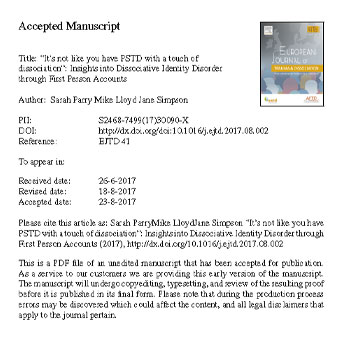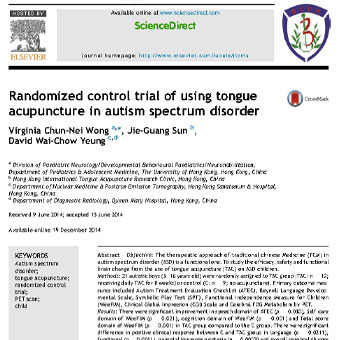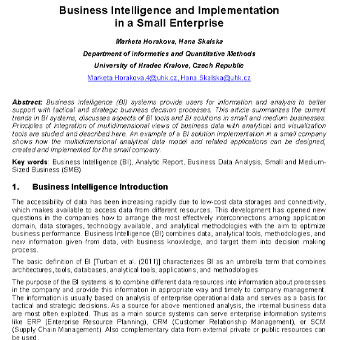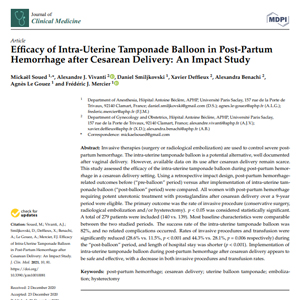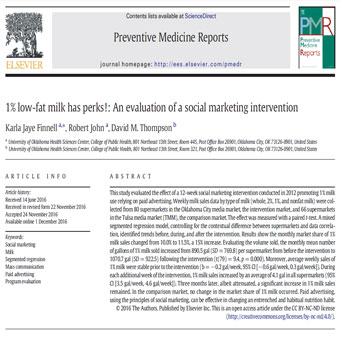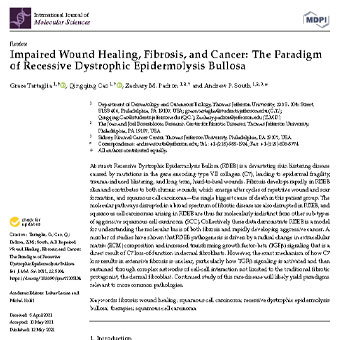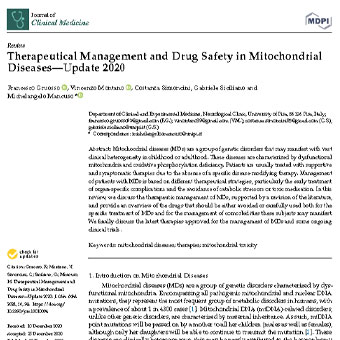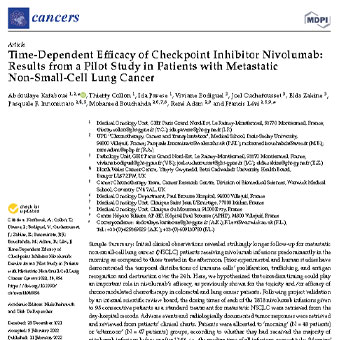عنوان فارسی مقاله:داشتن PSTD با اختلال تجزیه بعید به نظر میرسد: درک اختلال هویت تجزیهای از طریق گزارشات شخص اول
چکیده
هدف: پنج شرکت کننده با تشخیص اختلال هویت تجزیهای در مورد تجربیات خود برای ارائه اطلاعات جدید و درک شرایط که اغلب در مورد آن سو تفسیر وجود دارد، در این مطالعه شرکت کردند.
روشها: از طریق تحلیل تفسیری گزارشات افراد، سه موضوع برای پوشش تجربیات مشترک توسط شرکت کنندهها در نظر گرفته شدند. یافتهها به شرح زیر میباشند: بحث در مورد ثبات شخصیتی از حیث ادراک زمانی. دوما، درک نیازهای سیستم داخلی، تجربههای تجزیه را به تنظیم هیجانی و مشکلات رابطهای مرتبط میکند که در افراد مختلف گزارش شده است. سوم این که تلاش برای کمک به دیگران برای درک خود، به تشریح فرایند پیچیده تجربیات غیر طبیعی و تلاش برای تقویت درک و شناخت متخصصان کمک خواهد کرد.
نتایج اصلی: گزارشات شرکت کنندگان نشان میدهد که کودکان از رویدادهای کلیدی یا نقاط قوت وبزرگ سالان اطلاعی ندارند. بیشتر شرکت کنندگان، گزارش کردند که از پشتیبانی و حمایت روانی سود میبرند، اگرچه آنها چالشهای بسیار زیادی را تجربه کرده و اطلاعات مهم مربوط به شرایط منحصر به فرد را در طی بحران بیان کردند. هشت توصیه برای متخصصان بر مبنای تحلیل ارائه شد.
- لینک دانلود فایل بلافاصله بعد از پرداخت وجه به نمایش در خواهد آمد.
- همچنین لینک دانلود به ایمیل شما ارسال خواهد شد به همین دلیل ایمیل خود را به دقت وارد نمایید.
- ممکن است ایمیل ارسالی به پوشه اسپم یا Bulk ایمیل شما ارسال شده باشد.
- در صورتی که به هر دلیلی موفق به دانلود فایل مورد نظر نشدید با ما تماس بگیرید.
 متن به فارسی | ترجمه مقالات و متون علمی | ترجمه و دانلود مقالات و انواع متون علمی و ادبی و پذیرش سفارش ترجمه
متن به فارسی | ترجمه مقالات و متون علمی | ترجمه و دانلود مقالات و انواع متون علمی و ادبی و پذیرش سفارش ترجمه
